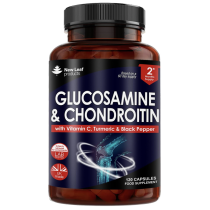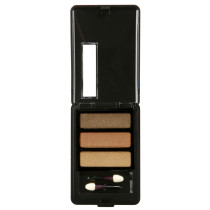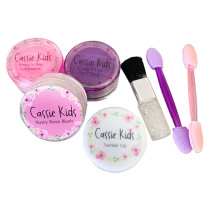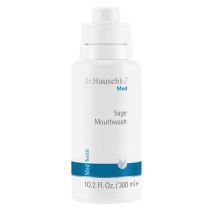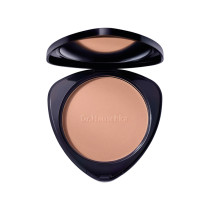Talc
clay mineral
Talc
Other Name(s):
Magnesium Silicate; French Chalk; Talcum; Talcum Powder

Talc is a naturally occurring mineral composed of magnesium, silicon, oxygen, and hydrogen. It is mined extensively in China, Pakistan and Canada. There are two operational Talc mines in South Africa.
Is Talc Faithful to Nature?
Depends.
* Talc is an abundant, naturally occurring ingredient with many different uses and benefits. It can be used safely in makeup applications subject to contamination testing but we do not allow it in any product intended to be used on the intimate areas of the body.
*Talc remains on our watch list, and subject to developing, verifiable and concrete research, this conclusion may change. For the time being we only list products containing asbestos-free talc. However we do not list any products containing talc that are intended for application in the pelvic area.
Benefits: Why is Talc Used?
Absorbs Moisture
Talc absorbs moisture and is therefore used in deodorants to reduce chafing of the underarms or in food items to prevent caking.
Perfects Texture
Talc is the softest mineral on earth and gives a silky texture to make up powders and blushes which makes them easier to apply
Absorbs Oils
Talc absorbs oils for less skin shine.
Filler
Talc is used to products to act as a filler and because it can dilute pigments and make make up products appear more translucent.
Talc is used very extensively in makeup powders like blush, foundations, eye shadows and so on. It has also found use in antiperspirants, exfoliating scrubs, foot powders, dry shampoos and more.
Talc is mined in sheets from deposits beneath the earth. After which, it is milled into a fine powder for use. The powder is then subject to batch testing to ensure that no detectable levels of asbestos are present.
Concerns about the safety of Talc center around asbestos contamination which occurs naturally in some deposits. The World Health Organisation’s International Agency for Research on Cancer (IARC) classifies Talc which contains no detectable asbestos as not carcinogenic to humans but reports that Talc applied to the perineum is “possibly carcinogenic to humans” (Group 2B).
One of the three remaining Talc mines in South Africa was shut down in 2019 after 111 years of continuous operation after it was vandalized and no longer financially viable.
Talc is used in ultra-strong plastics to make motor cars more lightweight and fuel efficient.
Notice: The information provided here is not intended as medical advice and is for educational purposes only.

